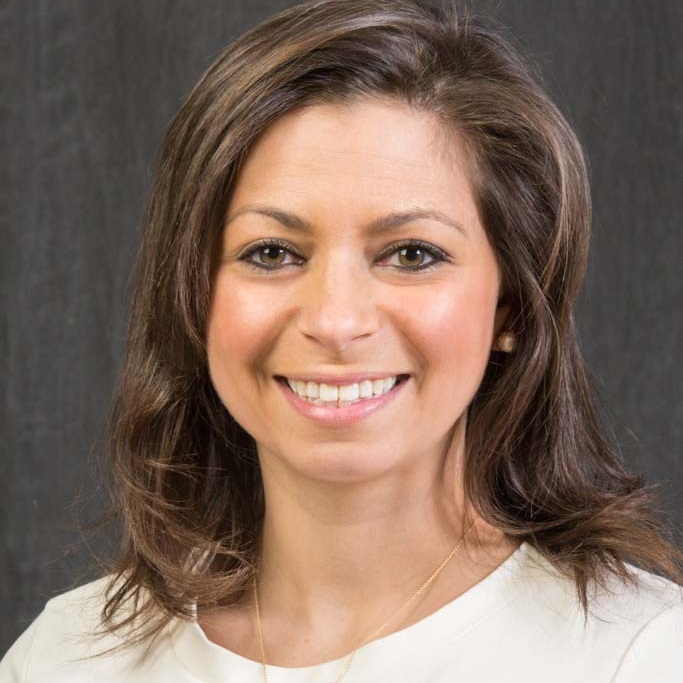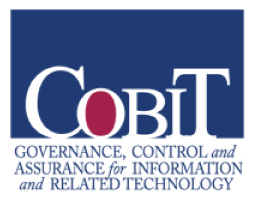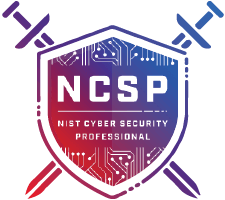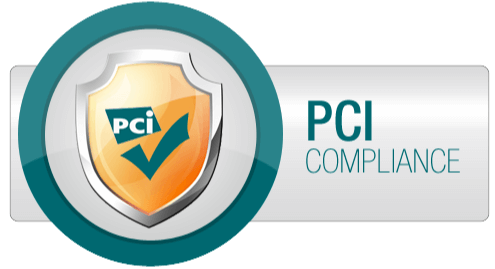More tasks on your to-do list than hours in the day? Than days left in your week? Than months left in your school year?
If you are in education, odds are your self-care is on the bottom of your to-do list (if it’s even there at all)!
Why? People who pursue helping professions (like teaching, nursing, and human services) also tend to have personality types that compel them to put the needs and demands of others before their own. Helping professionals seek to comfort, appease, please, and secure the well-being and livelihoods of others, and generally demonstrate a tendency towards compassion, giving, and selflessness. Helping professions by nature are accompanied by work conditions riddled in high stress and continuously evolving demands in the service of others.
These character traits and work conditions can leave the well-intentioned helping professional thriving in their work while simultaneously overextended in time and resources to take care of themselves once all the work is said and done.
Research from the Social and Emotional Learning (SEL) movement identifies self-care as critical to stress reduction, classroom management, and overall teacher health and well-being. Self-care is engaging in activities or practices that help you limit or reduce stress. Self-care activities or practices can fit into seven categories: physical, emotional, spiritual, intellectual, social, relational, and/or promote a sense of safety and security. There is no universal Band-Aid for self-care, the key is identifying activities that minimize your stress and promote your health and well-being.
Try these five steps to put you back on your to-do list:
Step 1. Evaluate Your Self-Care:
- Make a list of everything you do- the whole day- each and every activity. Think about a typical workday during the week from the moment you wake up to when you go to sleep. Review the schedule and determine both whether you like each activity and who the activity is for- do you enjoy the activity and are you engaging in the activity for yourself or others? Then take a moment to calculate the number of hours in a day that you actually enjoy. The number of hours you enjoy in a day that are for you? Warning: This may be a disappointing number!
Step 2. Consider the Possibilities
- Next, take a moment to think about some activities that you could add into the work day (these do not have to take place on a particular day; create a list of possibilities of activities you can add into your day to increase your enjoyment and lower your stress).
- Since we want to not cause additional stress with self-care, narrow your list to 2-3 activities that you want to incorporate more regularly and write them down.
- Be modest in your goal to promote realistic change in your self-care practices.
Step 3. Identify Your Barriers
- Think about the barriers that impact your ability to engage in self-care currently. Generate a list of barriers- there is never enough time, money, energy, or resources! These are likely the excuses we give for why we can’t take care of ourselves right now, or ever!
Step 4. Rethink it
- Switch your thinking from dead-end barriers to brainstorming problem-solving ideas to remove those barriers. No time or money to get to the gym? Watch a free workout video at home after hours. No time to explore a hobby? Piggyback on activities your spouse or friends enjoy.
- Generate a list of activities you can put on your list to overcome barriers to self-care.
Step 5. Just do it!
- Now take the time to put you into action.
- Be modest and realistic- even the smallest action is starting to invest in you. The reality is, you can always find room for you if you think hard enough. Try registering for a weekly class, scheduling recurring appointments, have a standing dinner date with friends on your calendar, follow an active online social network, listen to a favorite song, get dressed up for a dinner in with a partner, a five minute mindfulness pause in the car before entering work, pack your lunch, call family members on a drive, say what you are thankful for at dinner… the list can go on as long as your creative energy will let it!
It is not selfish to take care of yourself- you can’t serve from an empty vessel. Like they say on the airplane before takeoff, secure your safety vest before helping others. Don’t cross you off your to-do list- invest in you to enable you to get it all done.
About the Guest Author
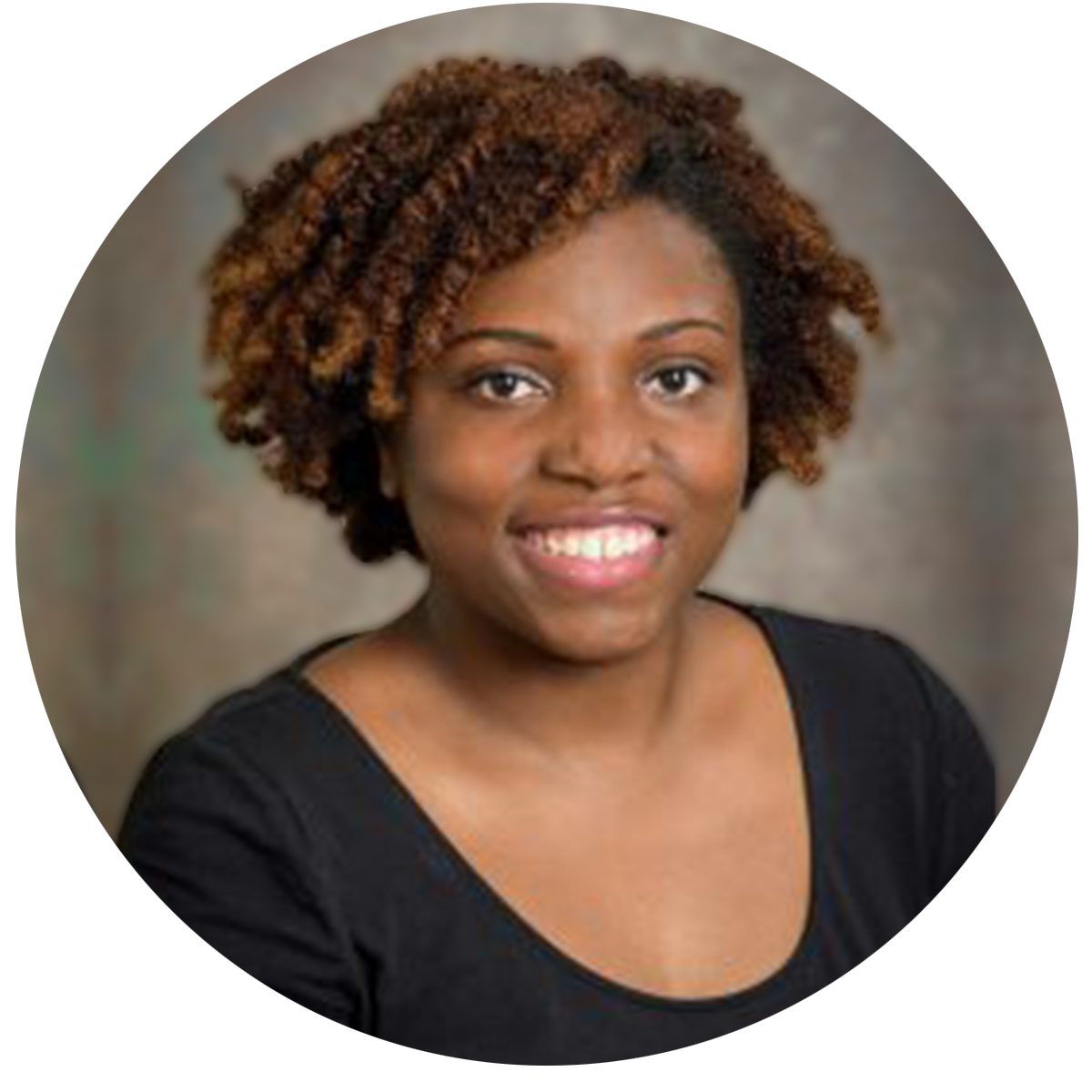
Tia Navelene Barnes, Ph.D.
Social Emotional Learning Researcher
As a former educator of students with emotional and behavioral disorders (EBD), Dr. Barnes’ research interests focus on creating environments where students with emotional and behavioral challenges can thrive. Dr. Barnes received her doctorate in August 2013 from the University of Florida where she majored in special education with an emphasis on emotional and/or behavioral disorders and minored in research and evaluation methodology. She then worked at the Yale Center for Emotional Intelligence where her work focused on classroom environment for students with EBD and examining social emotional learning through a culturally responsive lens.
She has published work in several journals including Infant and Child Development, the Journal of School Violence, Aggression and Violent Behavior, and Education and Treatment of Children. She loves engaging with educators and feels that supporting educators is key to supporting student success.

